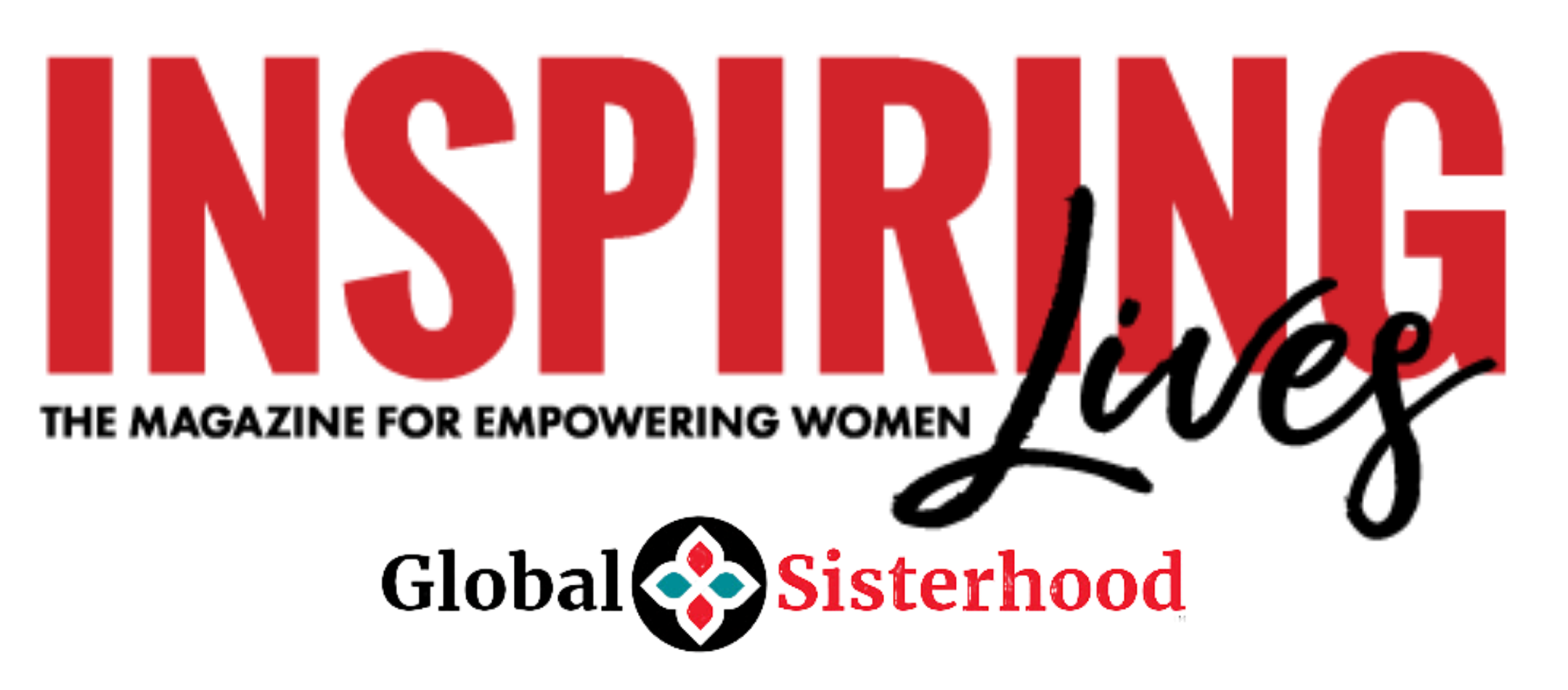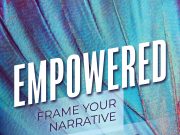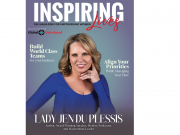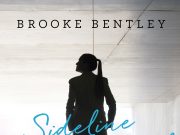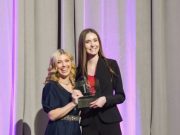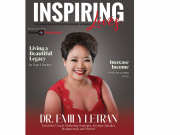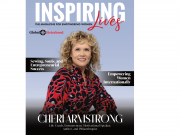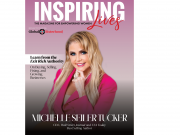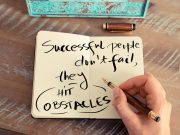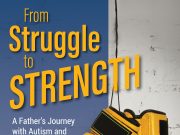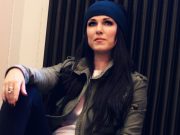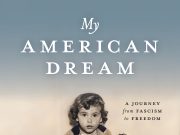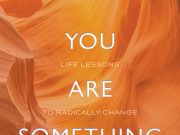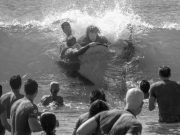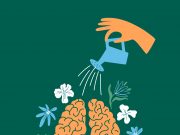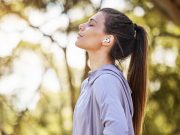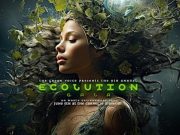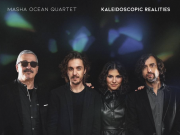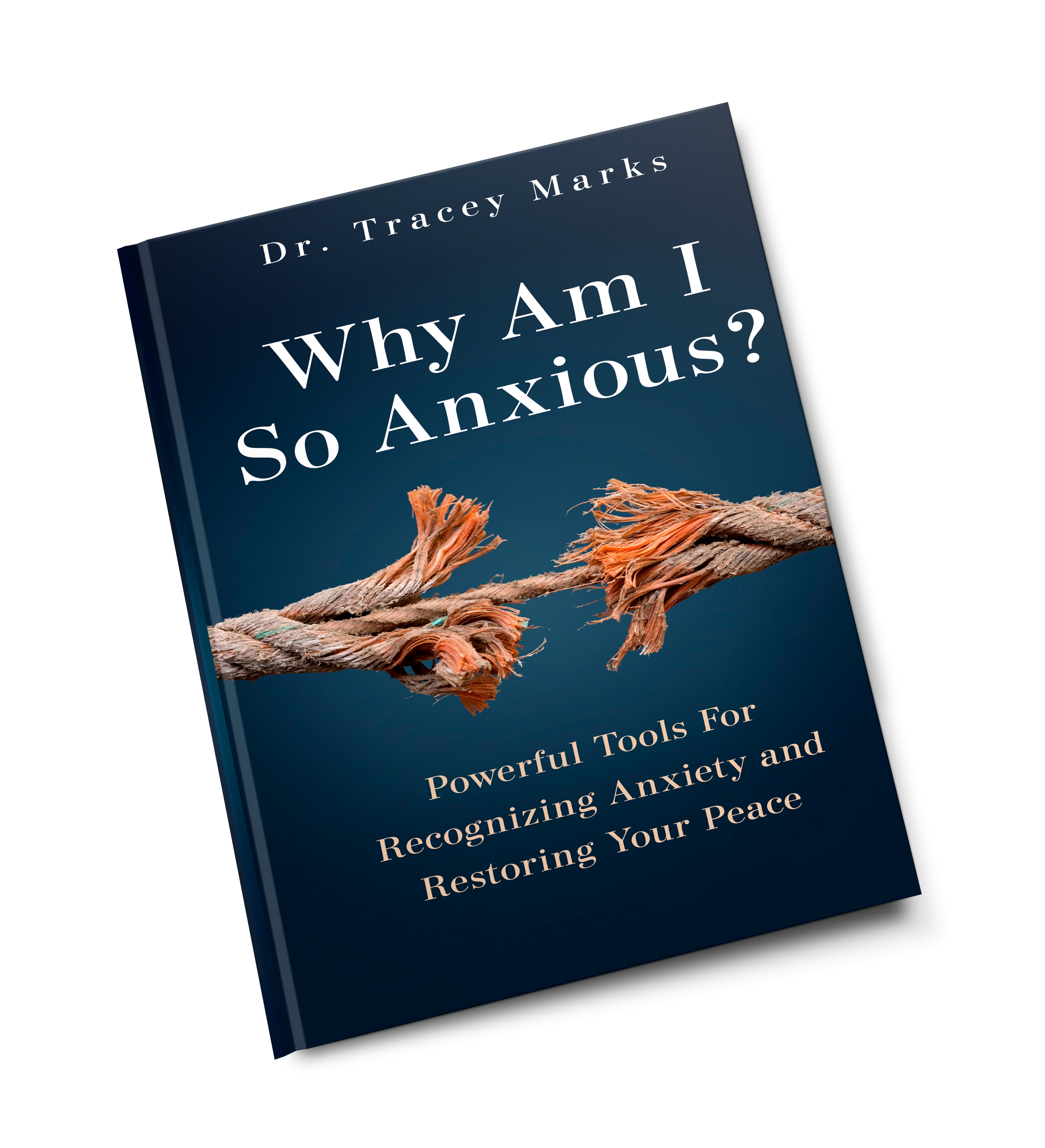- Why did you write the book?
I started writing the book in 2021 after we all endured the events of 2020. I recognized the need for a comprehensive resource to understand how anxiety takes hold and the many options to manage it.
- Are there any life experiences that shaped how you wrote this book?
I was treated for attention deficit hyperactivity disorder as a child, and I think I still have some remnants of it as an adult. I struggle to keep my attention when reading if there are too many details for which I can’t see the relevance. The result is needing to reread passages to fill in the blanks I missed when my attention wandered.
Because of this problem, I write the way I like to read. Instead of teasing details to keep you interested, I like to lead with the point and fill in the details afterward. I use this approach when I script my educational videos, and I think this style is what my viewers have positively reported as content that is easy to understand.
- There are a lot of books on anxiety; how is this one different?
This book goes beyond talking about panic, fear, and your anxiety brain circuits. All those contributions to anxiety are important. But what about the person with everyday anxiety? Is anxiety always a disorder? In this book, I talk about the many conditions in which anxiety appears, and I dedicate a chapter to anxious personalities and temperaments.
- Who is the book for?
The book is for the person who wants to know in precise terms what their distress is about, why they have it, and what they can do about it.
- What is your favorite chapter?
It’s hard to limit it to one, but if I must, I’d say it is the chapter on anxiety disorders. I enjoyed explaining them, and this chapter gave me the greatest opportunity to tell stories that add life to the disorders.
- What is your least favorite chapter?
It’s actually the first chapter (great way to start, right?). I’ve always struggled with writing introductions and conclusions. As such, I wanted to jump right into storytelling and explanations, but I needed to set the groundwork by talking about the biology of anxiety. I didn’t want it to read like a textbook, so it took some time for me to take complex information that could be a stand-alone book and distill it down to pertinent foundational concepts. Setting up this information pays off later when I discuss other topics that build on these early concepts.
- What surprised you the most about writing the book?
I was surprised to see just how much anxiety I have. I don’t think of myself as an anxious person, but I have a lot of issues! I write about my personal experiences in the book. I think other people who have experienced occasional distress may similarly recognize anxiety in themselves that they didn’t know was anxiety.
- What was your favorite part of writing the book?
I really enjoyed writing the narratives to illustrate some of the concepts. Many of the stories are my own experiences or those of family members. Some of the narratives are fictional accounts based on my experience treating patients.
- What’s in your book that makes someone better from reading it?
Understanding yourself unlocks the power within you to enhance your life experience through incremental improvements.
- What are the core ideas of the book?
Anxiety is multifaceted, and you can experience it on a gradient of intense to diffuse. Similarly, there are many tools you can use to manage your anxiety. Instead of looking for one magical solution, the best approach is to layer different tools that address different aspects of anxiety. The book shows you what tools work best for various situations.
- What will readers learn from the book?
You will gain a deep understanding of the origin and significance of your anxiety and be equipped with solutions and coping skills to manage it. More specifically, you will learn:
- How to identify normal anxiety versus an anxiety disorder
- When to seek help for a disorder
- What kinds of professional help are available (e.g., medication, therapy, and complementary approaches)
- What is psychotherapy, and how they work for anxiety and trauma
- How to use 25 different self-help tools and which ones work best for a given situation
- What is unique about this book?
It gives you an abundance of tools to use to manage anxiety and shows you how and when to use them. It also dives deep to discuss the impact of personalities and temperaments on your anxiety. There are a few topics not typically discussed in books on anxiety, such as recognizing existential anxiety and the science behind aromatherapy and how to use it.
- What are your two most useful tips for students and/or parents as they head back to school, given the new “normal” of covid and school shooting fears?
Our minds and bodies thrive on routine and consistency. One of the best things you and your child can do to cope with our current uncertainty is establish and stick to a routine. Your routine should include a regular bedtime, wind down time before bed, and at least one meal around the same time (breakfast, lunch, or dinner). The second thing you can do is set aside time to debrief at the end of the day and discuss any worries or concerns your child has. Affective labeling is a powerful tool that helps diffuse anxiety by assigning words to feelings. Use the daily debriefing as a time to help them identify how they feel with words. Science shows that this exercise reduces brain (amygdala) activation and deescalates intense emotions.
